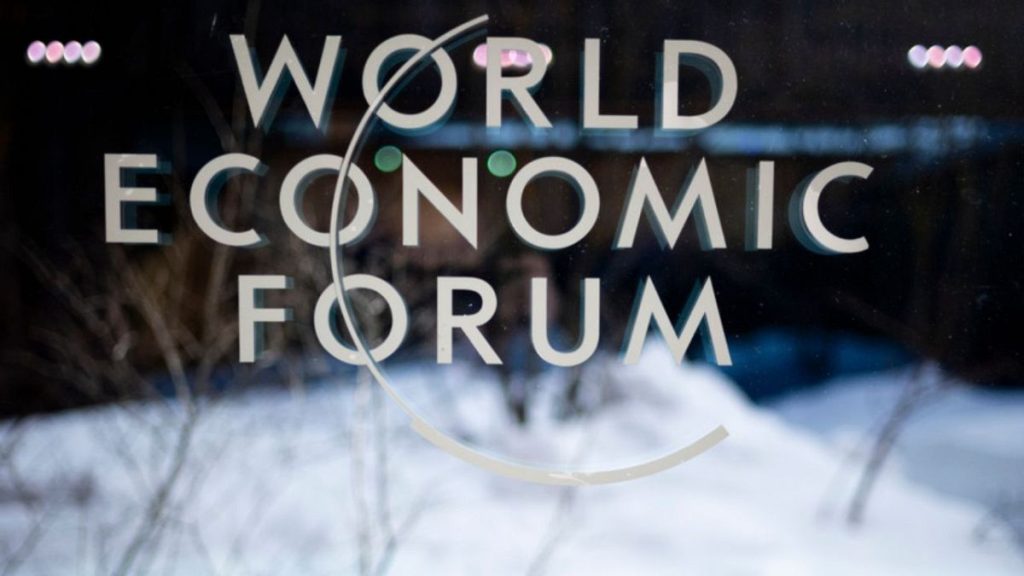The European Union’s enlargement policy has long been a complex and evolving process, encompassing economic, political, and social dimensions. Its core objective is to integrate European countries that align with the EU’s fundamental values and principles, including democracy, rule of law, and market economy, into the Union’s framework. Enlargement has been instrumental in promoting stability, prosperity, and cooperation across the continent, particularly in the aftermath of the Cold War. By extending its reach, the EU has fostered economic development in aspiring member states, strengthened democratic institutions, and contributed to regional security. However, the enlargement process has also faced its share of challenges, including internal resistance from some member states, concerns about absorption capacity, and anxieties about maintaining the EU’s cohesiveness.
The debate hosted by Euronews at Davos featured key figures in the enlargement process, including EU Commissioner for Enlargement Marta Kos, Croatian Prime Minister Andrej Plenkovic, Montenegrin Prime Minister Milojko Spajic, and Slovak Prime Minister Robert Fico. The panel’s discussion revolved around the theme “Enlarge to Prosper: Will Europe Grow?” This question encapsulates the core rationale for enlargement, emphasizing its potential to bolster Europe’s economic and geopolitical standing on the world stage. The debate sought to explore how a renewed vision for enlargement could align accession procedures with strategies for trade and economic growth, engage the private sector more effectively, and deliver tangible benefits for both existing and prospective member states. The timing of the debate coincided with a period of shifting global dynamics, marked by a resurgence of nationalism and protectionism, adding further complexity to the discussion.
Commissioner Kos’ assumption of the enlargement portfolio marks a renewed emphasis on this policy area after a period of relative consolidation within the EU. The new Commission mandate explicitly seeks to reinvigorate the enlargement process, recognizing its strategic importance for the future of Europe. The context of the debate is crucial, given the global uncertainties surrounding trade, security, and international cooperation. The incoming Trump administration’s emphasis on territorial reach and assertive foreign policy, as exemplified by its pronouncements on the Panama Canal and Greenland, underscores the need for a strong and unified European voice on the global stage.
Croatia’s perspective, represented by Prime Minister Plenkovic, offers valuable insights into the practical realities of the accession process. Having successfully navigated the path to EU membership, Croatia can provide firsthand experience and guidance to aspiring member states. Croatia’s success story serves as a tangible demonstration of the transformative potential of EU membership, showcasing the economic, social, and political benefits that can accrue to countries that embrace the EU’s values and undertake the necessary reforms. From Croatia’s standpoint, continued enlargement serves to strengthen regional stability and foster closer cooperation among neighboring countries.
Montenegro, represented by Prime Minister Spajic, embodies the aspirations of countries in the Western Balkans seeking to join the EU. Montenegro has made significant strides in its accession negotiations and views EU membership as a strategic priority. For Montenegro, joining the EU represents an opportunity to enhance its economic development, strengthen its democratic institutions, and secure its place within the European family. The debate provides a platform for Montenegro to articulate its commitment to the EU accession process and to highlight the progress it has made in meeting the required criteria.
Slovakia’s perspective, presented by Prime Minister Fico, adds another layer of nuance to the discussion. As a member state that has benefited from EU membership, Slovakia recognizes the value of enlargement in promoting regional stability and economic growth. However, Slovakia, like other member states, also harbors concerns about the potential challenges associated with integrating new members, including the need for effective governance and the absorption capacity of the EU. Slovakia’s participation in the debate underscores the importance of addressing the concerns of all member states in shaping the future of enlargement.
The Euronews debate at Davos provides a timely and important forum for discussing the future of EU enlargement. Against a backdrop of global uncertainty and shifting geopolitical dynamics, the debate seeks to explore how a revitalized enlargement process can strengthen Europe’s role in the world, foster economic growth, and promote stability across the continent. The participation of high-level representatives from the EU, Croatia, Montenegro, and Slovakia ensures a diverse range of perspectives and contributes to a more comprehensive understanding of the opportunities and challenges associated with EU enlargement. The debate aims to formulate a new vision for enlargement that aligns with evolving trade and growth strategies, leverages private sector engagement, and delivers tangible benefits for both current and aspiring member states.

